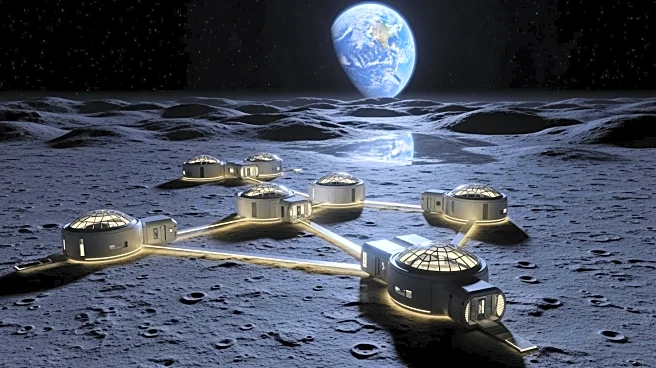What's Happening?
In a recent episode of TED Radio Hour, Kickstarter co-founder Yancey Strickler explored the transformative effects of the creator economy on work, art, and societal values. The discussion highlighted how platforms like Kickstarter have enabled creators
to bypass traditional gatekeepers, allowing for more diverse and innovative projects. This shift has not only changed how art is produced and consumed but also how creators are compensated and valued in the digital age. The episode, produced by Harsha Nahata and Katie Monteleone, delves into the broader implications of these changes, emphasizing the evolving nature of work and creativity in the modern economy.
Why It's Important?
The rise of the creator economy represents a significant shift in how creative work is funded and distributed. By empowering individual creators, platforms like Kickstarter have democratized access to funding, allowing for a wider range of voices and ideas to flourish. This has implications for traditional industries, which may need to adapt to a landscape where creators have more control over their work and its distribution. The changes also reflect broader societal shifts towards valuing creativity and innovation, potentially influencing public policy and economic strategies aimed at supporting the creative sector.















